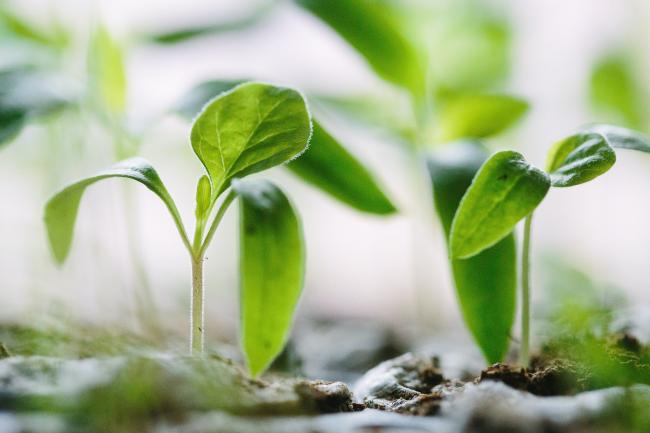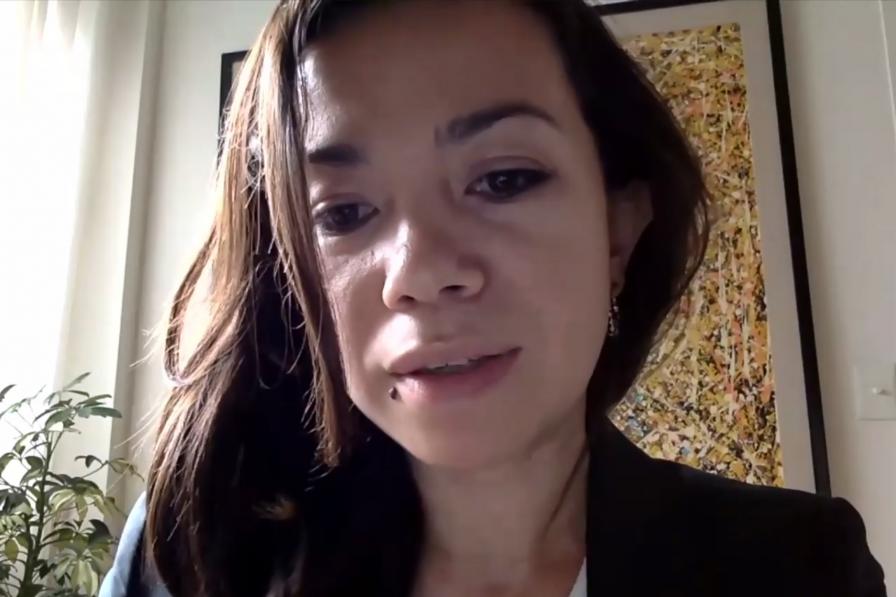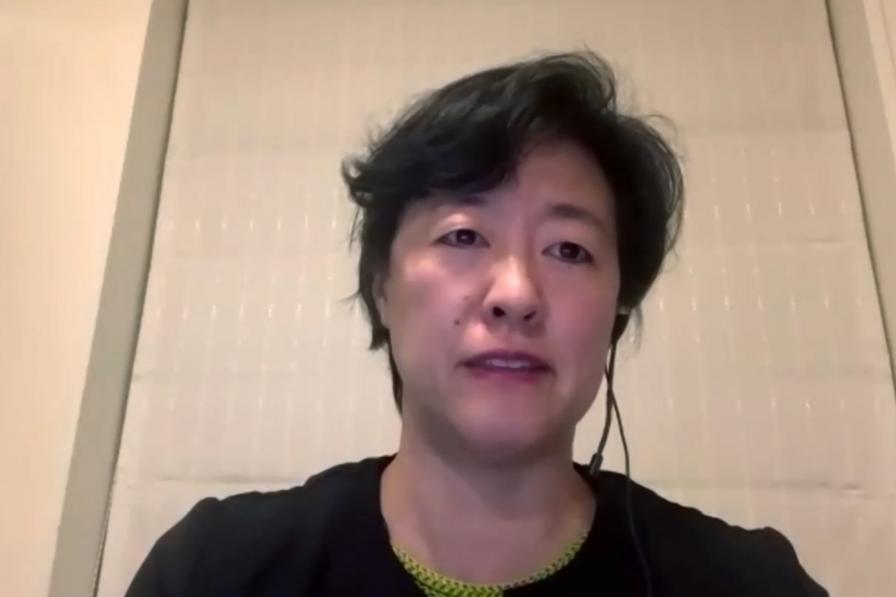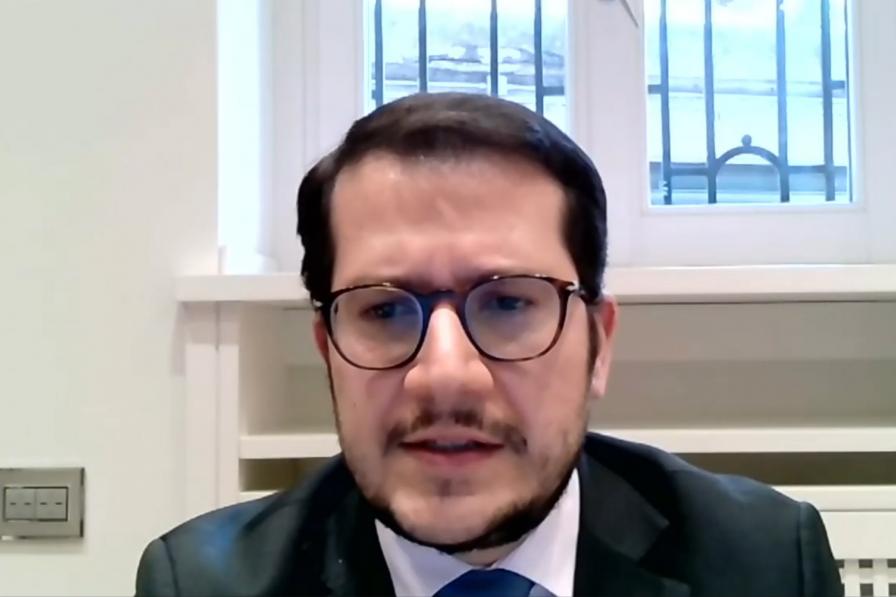Due to the extraordinary circumstances caused by the COVID-19 global pandemic, the ninth session of the Governing Body (GB) of the International Treaty on Plant Genetic Resources for Food and Agriculture (ITPGRFA), originally scheduled for December 2021, has been postponed to May 2022. Consequently, a Special Session convened virtually on 7 December 2021, to adopt an interim budget for 2022.
GB Chair Yasmina El Bahloul (Morocco) opened the session underscoring that adoption of an interim budget for 2022 is the only substantive agenda item, to enable continued functioning of the Treaty and its Secretariat. FAO Deputy Director-General Maria Helena Semedo noted that plant genetic resources for food and agriculture (PGRFA) are fundamental assets for sustainable and resilient agri-food systems, adding that biodiversity must feature prominently in recovery efforts. She drew attention to the FAO 2021-2023 Action Plan for the Implementation of the FAO Strategy on Mainstreaming Biodiversity across Agricultural Sectors and the Treaty’s role in its implementation.
ITPGRFA Secretary Kent Nnadozie provided an overview of intersessional work, including ten meetings of subsidiary bodies, and presented the proposal for a draft interim budget and accompanying resolution (IT/GB-Sp1/21/3). He noted its limited scope, only to allow the continued operations of the Treaty and its Secretariat.
Delegates supported the proposed interim budget, including Paraguay, for the Latin American and Caribbean Group, Lebanon, for the Near East, Poland, for the European Regional Group (ERG), Malaysia, Japan, and Rwanda. The ERG drew attention to the group’s proposal to reflect in the resolution that the number of parties that contributed to the core budget remains low. Stressing the need to acknowledge pandemic-related challenges, Argentina suggested requesting parties to increase their efforts to provide the resources required.
The Near East further highlighted the need to implement all Treaty provisions, including on capacity building and technology transfer, to ensure food security. Malaysia highlighted his country’s contribution to the core budget and, with the ERG, encouraged other parties to play their role in ensuring the Treaty’s functions. The ERG stressed the need to coordinate the timing of GB 9 and the fifteenth meeting of the Conference of the Parties to the Convention on Biological Diversity (CBD), indicating that many delegates need to attend both events. Japan requested the Secretariat to explore standard reporting governance procedures and facilitate an audit by GB 9.
Chair El Bahloul noted that India has reaffirmed its commitment to host GB 9 in May 2022, while the Bureau continues to monitor the situation and make adjustments as necessary.
Following a break to allow for finalization and review of the report, the meeting adopted the interim budget for 2022 and accompanying resolution, in which the GB notes with concern that the number of parties contributing to the core budget remains low, and requests all parties to increase efforts to provide the resources required.
Chair El Bahloul closed the meeting at 2:31 pm CET (UTC+1).
To receive free coverage of global environmental events delivered to your inbox, subscribe to the ENB Update newsletter.








